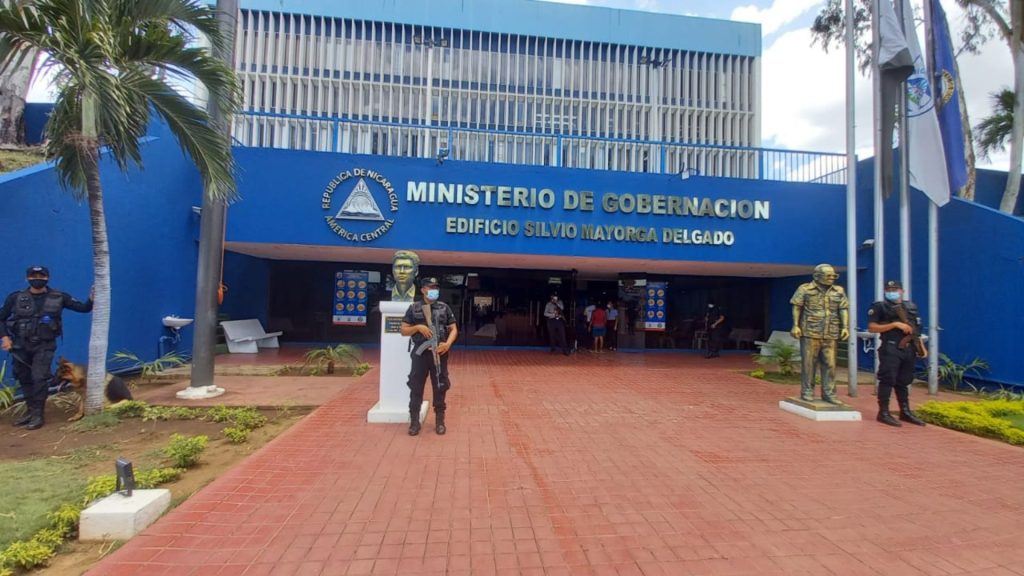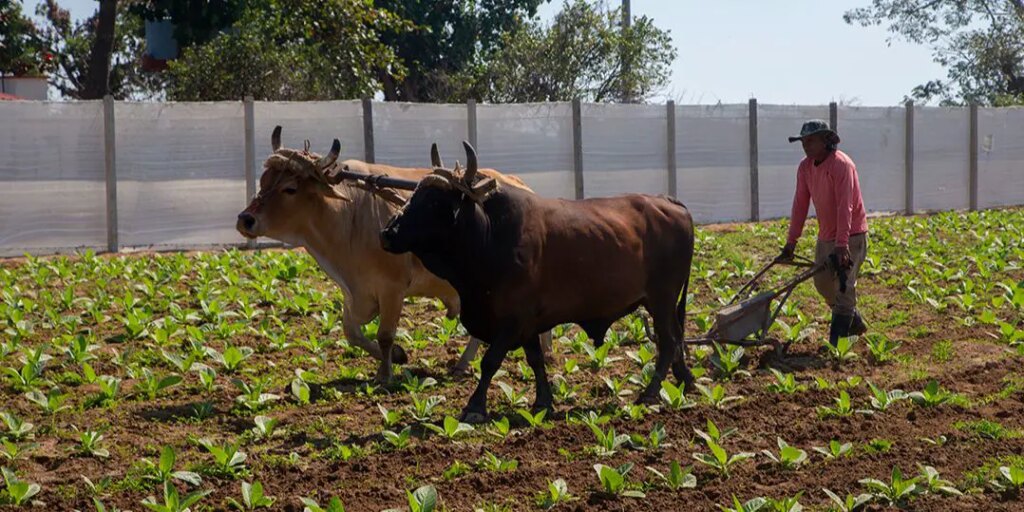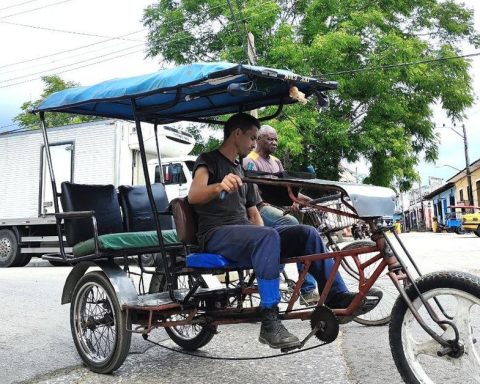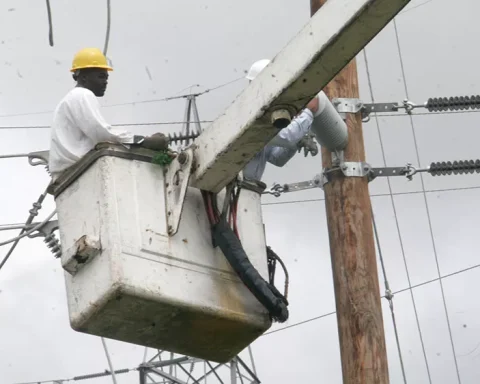The Court is shaping up to dismiss the CNDH’s objections against two military codes
Eduardo Murillo
Newspaper La Jornada
Wednesday March 15, 2023, p. 4
The majority of the ministers of the Supreme Court of Justice of the Nation (SCJN) aims to leave in force several of the articles of the Military Justice (CJM) and Military Criminal Procedures (CMPP) codes, challenged by the National Rights Commission Humans (CNDH). For now, they rejected the proposal that civil witnesses or experts cannot be called to appear in military court trials.
The ministers spoke out against the project of Luis María Aguilar Morales, who proposed to invalidate Any provision that provides for powers in favor of the military authorities to impose, by itself, obligations or charges related to the investigation of crimes or breaches of military discipline, is equivalent to subjecting a civilian person to military jurisdiction, which is contrary to the article 13 of the Constitution
.
The president of the highest court, Norma Lucía Piña Hernández, explained that preventing this collaboration could even delay obtaining justice: In my opinion, it would have adverse consequences for the administration of justice, both military and ordinary, without obtaining in exchange some valuable objective, specifically, without protecting the assets that the Constitution protects by limiting the jurisdiction of war in this way.
.
Minister Juan Luis González Alcántara Carrancá agreed on this, who explained: requiring military courts to act through civilian courts to impose any obligation or civil charges in the course of the investigation and trial, would result in an unjustified delay in the resolution of the same
.
At the end of the debate, Minister Javier Laynez Potisek revealed that the SCJN had never before analyzed whether the military jurisdiction can resort to civilian testimonies or expert opinions in the investigation and trial phases of a criminal case.
A majority of us would be against the innovative proposal because it is the first time that we have seen an issue of this type, in the sense of saying: let’s expand that provision of the 13th, not only to strictly military criminal jurisdiction, but to everything that It is the investigation phase of the process.
raised.
Since the majority rejected Aguilar’s project, the minister offered to modify it and resubmit it at a later date.
In this first session on the subject, the plenary session of ministers only invalidated part of articles 10 and 43 of the CMPP, due to a lack of prior consultation between the indigenous communities and people with disabilities, who are directly concerned.

















